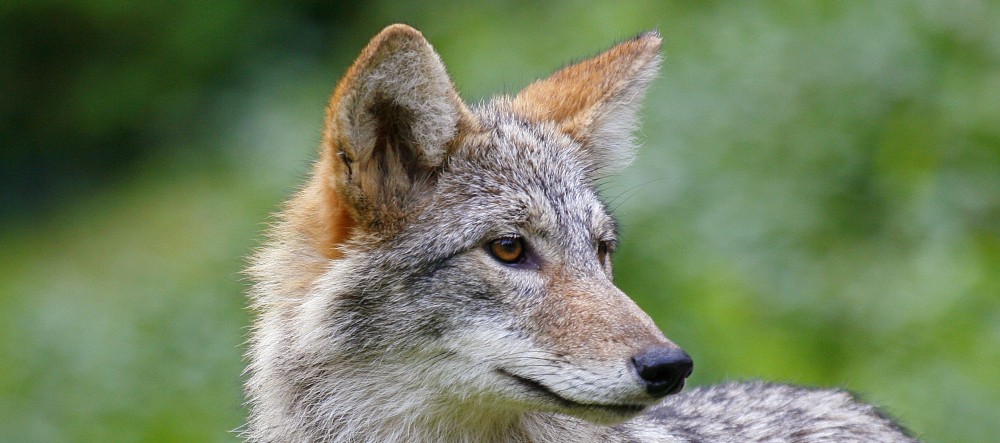A lawsuit was filed today in Reno, Nevada against the Nevada Board of Wildlife Commissioners by Nevada residents, Mark Smith and Don Molde, claiming the Commission has failed to protect animals, birds and domestic pets from private fur trappers.
According… to information collected by the Nevada Department of Wildlife, many thousands of unintended or “non-target” victims are caught, injured or killed by trappers over the course of a decade. Ranging from pack rats and rabbits to golden eagles, domestic pets and mountain lions, these numbers are probably the “tip of the iceberg”, according to Don Molde, co-plaintiff.The Commission, in an 8 to 1 vote on August 16th, refused to shorten the 96-hour trap visitation interval for most of Nevada. That refusal means that thousands of animals, each trapping season, will needlessly suffer harm, injury and death that could have been mitigated through earlier release from traps or snares. Even “targeted” animals, such as bobcats, coyotes, foxes and others should not have to needlessly suffer because of trapper “convenience”. Nevada now has the longest trap visitation interval in the United States except for Montana and Alaska.
Mark Smith, co-plaintiff, said: “It’s clear that the Wildlife Commission has been ‘captured’ by trappers and their sportsmen supporters to the detriment of wildlife and ignoring the concerns of the public about animal well-being and protection. Hopefully the Court will be receptive to our concerns and help get wildlife and domestic animals the protection so desperately needed.”
Don Molde added: “This action has been long in the making and is a direct result of recalcitrance by the Commission to consider public concerns about trapping. Wildlife is not the private property of sportsmen and trappers. It is an invaluable public asset and deserves protection.”
The suit seeks, among other relief, an injunction against the coming trapping season until the Commission produces a trapping management plan which properly considers the latest data, public opinion, the directive of the Legislature, and which provides meaningful protection against domestic animals and non-target wildlife.







